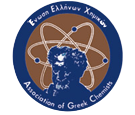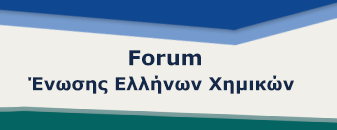The Role of ISO 14001 in Food Waste Management: Supporting Compliance and Sustainable Practices
Eftychia G. Karageorgou
Chemist, M.Sc., PhD
Manager, North Certification Division
NBIS P.C. Cargo Inspections and ISO Certification, Thessaloniki, Greece
email: ekarageorgou@nbis.gr
DOI: 10.62579/JAGC0014
Abstract
The food industry places considerable pressure on the environment due to its high levels of resource consumption and waste generation. In response to growing demands for sustainability and regulatory compliance, ISO 14001 has emerged as a key standard for the implementation of Environmental Management Systems. This article explores its role in improving waste management in the food sector, particularly in relation to European legislation such as the Waste Framework Directive, Regulation (EC) No 1069/2009, and cross-border waste shipment regulations. Drawing on international case studies, the article highlights measurable improvements in resource efficiency, cost control, and employee engagement. It also examines how ISO 14001 complements food safety standards such as ISO 22000, supports regenerative practices like composting and food redistribution, and leverages digital innovations for waste forecasting and optimization. Despite financial and institutional challenges in some regions, the integration of ISO 14001 with legal frameworks and a sustainability-oriented organizational culture contributes to advancing circular economy objectives in the global food industry. This perspective provides practical insights for regulators, industry leaders, and sustainability professionals seeking to align food waste strategies with international standards and EU legislation.




